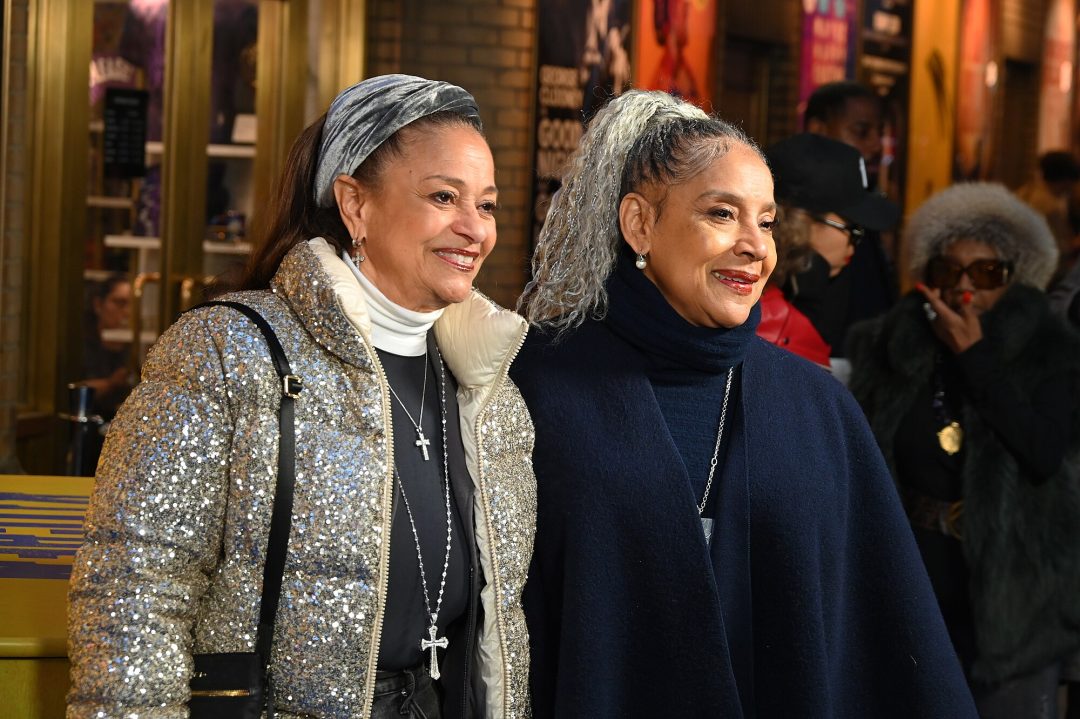On Aug. 18, a Pulitzer Prize–nominated poet Vivian Ayers Allen whose life of letters and teaching shaped generations of artists died. She was 102. Her family confirmed her passing in a public statement Aug. 20.
Mother of icons, Phylicia Rashad and Debbie Allen, Ayers Allen was a celebrated matriarch, poet and fierce advocate of the arts. Ayers built a life weaving together poetry, classical study and community work. Her 1957 long poem “Hawk” tied the Black freedom struggle to the audacity of spaceflight, work that later earned her a salute from NASA.
Allen took to Instagram to inform followers of Ayers Allen’s passing. She referenced Hawk in her public comments, praising her “cosmic bird” and celebrating her “freedom.”
“Mommie you have transformed into that cosmic bird Hawk that lives and breathes Freedom. We will follow your trail of golden dust and continue to climb higher. We promise ‘to be true … be beautiful … be Free.’”
View this post on Instagram
Born in 1923 in Chester, South Carolina, Ayers Allen grew up in a segregated South where opportunities for Black women were few and far between. She found her way into literature early, attending the Brainerd Institute. Ayers Allen published her first collection of poetry, Spice of Dawns, in 1953. Four years later she released Hawk, the book-length poem that could be described as afro-futuristic as it imagines freedom and space travel in unison. In 2023, Clemson University Press released Hawk nationwide in celebration of her 100th birthday.
Ayers Allen’s literary vision eventually carried her into academia. In 1965, she became the first Black full-time faculty member at Rice University, where she worked as a librarian and mentor. She also launched initiatives such as The Adept series and Workshops in Open Fields. The programs invited children and working artists to learn through performance, reading and implementation.
Ayers Allen was a fierce advocate of children in the arts. She spoke about the Workshop In Open Fields initiative, and the freedom that comes with expanding one’s knowledge.
“To be open is to be large and is to be receptive of new ideas. It is to be available. It’s to be unapologetic. Its to be new. Its to be challenging,” she said.
Later, she founded the Brainerd Institute Heritage in an attempt to preserve the very school that nurtured her own education.
Ayers Allen’s, recognition for her work came decades after the accomplishments, delayed but not denied. In 2024, NASA honored her at the opening of the Dorothy Vaughan Center in Houston, where her daughter Phylicia Rashad gave a reading from Hawk. The agency described Ayers Allen as a creative figure whose words mirrored the aspirations of Apollo-era America.
Her daughters’ careers on stage and screen have kept Ayers Allen’s name in public view, but her influence extended well beyond family. For writers and students across Houston and South Carolina, she represented a model of how art could examine and confront injustice while nurturing beauty.
Vivian Ayers Allen is survived by her four children — Andrew Arthur “Tex” Allen Jr., Debbie Allen, Hugh Allen and Phylicia Rashad — as well as grandchildren and great-grandchildren.
Remembering Roberta Flack: Legendary R&B Icon Who Broke Barriers And Touched Hearts Dies At 88



